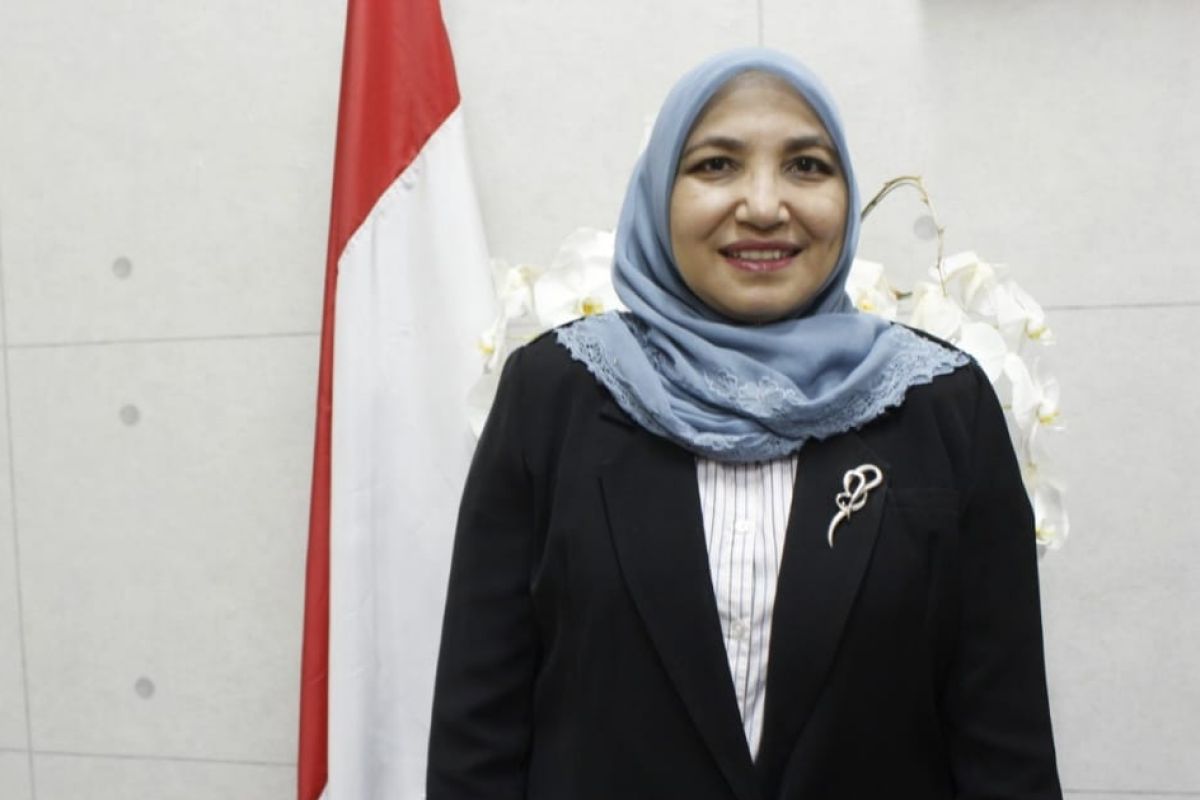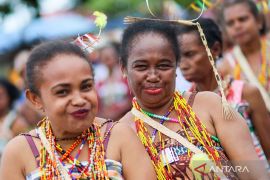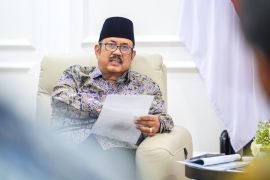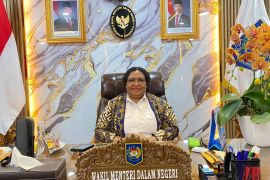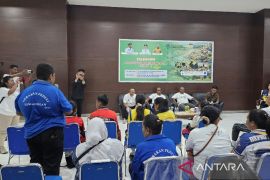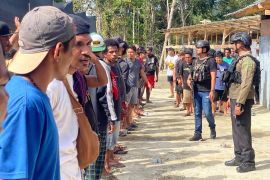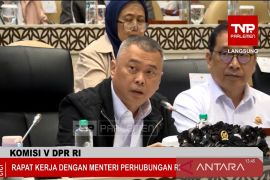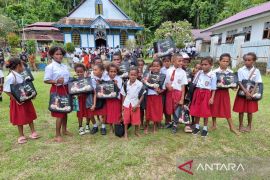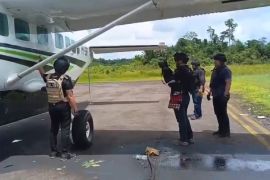The government's efforts to invest in education sector and human resources development will make Papua (and West Papua) better in the futureJakarta (ANTARA) - Syarif Hidayatullah Islamic State University (UIN Syarif Hidayatullah) Rector Amany Lubis lauded the government's endeavors to enhance access to education among native Papuans to improve the quality of Papua and West Papua's human capital.
"The government's efforts to invest in education sector and human resources development will make Papua (and West Papua) better in the future," she said in a statement that ANTARA quoted here on Sunday.
The government has equally provided Papua and West Papua with special facilities to improve the quality of their human resources as evidently shown by a variety of scholarship programs offered to native Papuans.
Thanks to the government's scholarship programs, such as LPDP, Bidikmisi, and affirmative actions for secondary and post-secondary education, they get better access to quality education, she said.
The Papuan students could pursue higher education in various areas of studies, including anthropology, mining, engineering, social and cultural sciences, and religious studies.
"These efforts are aimed at preparing native Papuans for becoming the agents of change," said Lubis who became one of the speakers at the "Understanding Papua Series #1" webinar on Friday.
Related news: Bingki village head survives Papuan terrorists' shooting: police
Related news: Papua preparing for Pacific Exposition 2021
She suggested that the efforts need a synergistic collaboration between the central and provincial governments in promoting sustainable regional development in Papua and West Papua.
By doing so, the whole communities' welfare could be improved so that their quality of life could also be improved, Lubis said.
"Local wisdoms are necessarily adopted to boost the regional development programs to make the outcomes better," she added.
Despite receiving a significant amount of central government funds, Papua and West Papua are still struggling to improve the quality of their human capital, as indicated by their scoring below the national average of 71.94 on Indonesia's 2020 Human Development Index.
According to Statistics Indonesia (BPS), Papua and West Papua scored 60.44 and 65.09, respectively, on the 2020 Human Development Index. Their scores remained lower than Aceh province, which got 71.94 points.
BPS data released in February this year has pegged poverty rates in Papua and West Papua at 26.8 percent and 21.7 percent, respectively.
Development outcomes also remain inequitable for native Papuan communities, as indicated by low income levels and lack of access to education and health services.
Amid this challenging reality, the government has hinted its intention of extending the allocation of special autonomy funds to Papua and West Papua by another two decades to accelerate efforts to close the development gap and bring prosperity to all communities in the region.
Related news: Security personnel continue to persuade Papuan insurgents: police
Related news: Several armed Papuans in Mimika reunified with families: police
Translator: Sigit P, Rahmad Nasution
Editor: Fardah Assegaf
Copyright © ANTARA 2021
